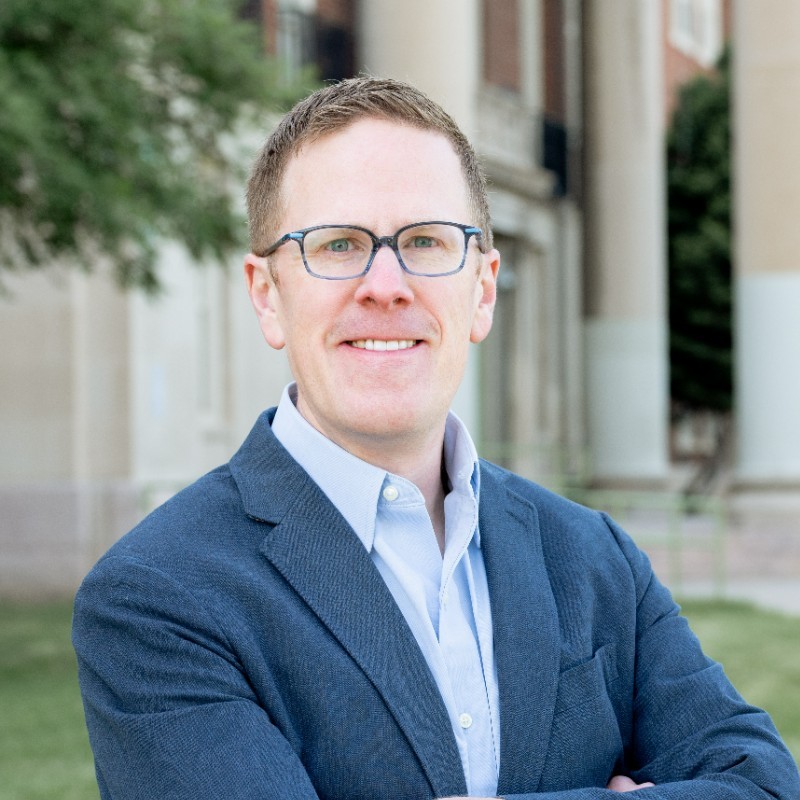The core idea behind Policy Governance, which the Denver Board of Education has adopted as its operating model, is to keep board members from meddling in day-to-day operations of the school district and to do its work exclusively at the policy level.
Under the model, the board sets goals (ends statements) for the superintendent, its sole employee, to attain, sets some specific parameters (executive limitations), and then gets out of the way and lets the leader lead.
It makes good sense for a board to give the leader they hired room to run the organization as he sees fit, within parameters set by the board. I have seen over the years individual board members and collective boards essentially become shadow superintendents and step into the running of the district in inappropriate ways. That usually hasn’t served anyone well.
But it is becoming apparent that some current Denver school board members and the administration are using Policy Governance as a way to drive agendas (the effort to weaken innovation schools, for example) and limit public scrutiny and accountability. It’s just the latest example of the district and board’s move away from transparency and public accountability.
Although one of the strategies in the district’s new strategic roadmap is to “collaborate with community organizations to elevate community needs, aspirations and solutions,” it’s becoming clear that for at least some board members, the effort to build “One DPS” is more about stifling dissent and avoiding accountability than lifting up the voices of Denver’s families.
The latest example of DPS’ tilt toward insularity came last week, in a little-noticed discussion late in a Thursday evening work session. The agenda item read “DAC Board Presentation dates.”
The District Accountability Committee is a diverse, 30-member panel, required by state statute, whose members are appointed by the school board. The DAC consists of parents, teachers, building administrators, business owners, and a school board representative (Scott Esserman, who, by all accounts, has maintained open lines of communication with DAC members).
It’s the epitome of community representation and access to decision-making.
As the name suggests, the DAC advises the board on a variety of issues, ranging from the district’s state-required improvement plan to budgetary matters to charter school applications and renewals.
What became clear during a short slide presentation (never posted publicly, by the way) by Richard Charles, DPS’ policy governance expert, is that the district would like to neuter and marginalize the DAC, stretching the boundaries of what is allowable under state law.
The rationale Charles offered is that the DAC is inserting itself in district operations in violation of the tenets of Policy Governance. Charles cited nearly all of the DAC’s legally mandated roles and responsibilities as examples of overreach and undue meddling, including its role in reviewing and advising the district about spending priorities, family engagement, the use of federal funds, assessment and evaluation tools used in schools, and preparation of the district’s improvement plan.
Some of these, Charles said “seem very operational in nature and have conflicts with some of the principles of Policy Governance.”
Whether operational or not, Colorado law requires each board of education to create an accountability committee composed of parents, educators, and community members. (For you policy nerds, read Colorado Revised Statutes section 22-11-301-302). Other districts across the state have figured out how to practice policy governance without limiting the role of independent voices in reviewing budgets, improvement plans, and family engagement policies.
In fact, the training materials DPS has been using from the Colorado Association of School Boards make clear that school boards should leverage DAC to ensure community input.
At the very least, the board should include DAC members in the conversation. Although the DAC issue was on the Thursday agenda, neither the district nor the board invited committee members to attend. It strains credulity to assume that was an oversight.
Could the apparent effort to marginalize Denver’s DAC be driven in part by the recent reversal by the State Board of Education of DPS’ rejection of the 5280 Freedom School charter application?
That seems likely. During the work session, Superintendent Alex Marrero mentioned that the DAC’s recommendation that the application be accepted (a recommendation rejected by the DPS board) was brought up by state board members as they voted to overturn the rejection.
The entire point of having a statutorily required DAC is to ensure that the district engages with parents and the larger community and is not accountable only to itself. The presence of the independent committee means that the district staff are not the only people who can claim knowledge of a charter application and its merits.
Perhaps it hurts the district’s collective ego to have the State Board of Education side with a community committee over the staff recommendation.
But maybe, just maybe, collaborating with the community means tolerating and even respecting dissent.




